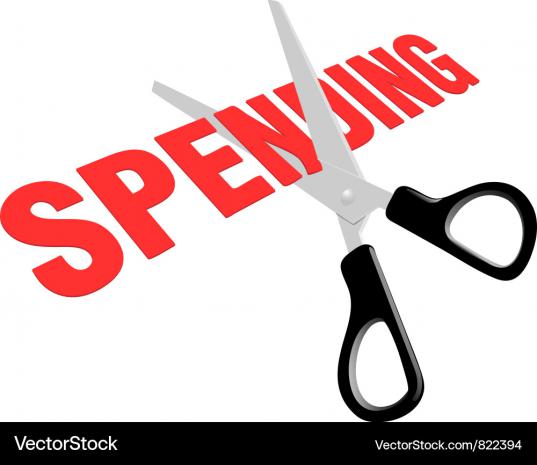
Breaking News
 Quantum walkie-talkie: China tests world's first GPS-free radio for border zones
Quantum walkie-talkie: China tests world's first GPS-free radio for border zones
 RIGHT NOW!: Why was lawyer Van Kessel, of the civil case on the merits in the Netherlands, arrested?
RIGHT NOW!: Why was lawyer Van Kessel, of the civil case on the merits in the Netherlands, arrested?
 PENSION FUNDS PANIC BUYING SILVER - Ratio Below 60 Triggers $50B Wave (Danger Next Week)
PENSION FUNDS PANIC BUYING SILVER - Ratio Below 60 Triggers $50B Wave (Danger Next Week)
 Dollar set for worst year since 2017, yen still in focus
Dollar set for worst year since 2017, yen still in focus
Top Tech News
 EngineAI T800: Born to Disrupt! #EngineAI #robotics #newtechnology #newproduct
EngineAI T800: Born to Disrupt! #EngineAI #robotics #newtechnology #newproduct
 This Silicon Anode Breakthrough Could Mark A Turning Point For EV Batteries [Update]
This Silicon Anode Breakthrough Could Mark A Turning Point For EV Batteries [Update]
 Travel gadget promises to dry and iron your clothes – totally hands-free
Travel gadget promises to dry and iron your clothes – totally hands-free
 Perfect Aircrete, Kitchen Ingredients.
Perfect Aircrete, Kitchen Ingredients.
 Futuristic pixel-raising display lets you feel what's onscreen
Futuristic pixel-raising display lets you feel what's onscreen
 Cutting-Edge Facility Generates Pure Water and Hydrogen Fuel from Seawater for Mere Pennies
Cutting-Edge Facility Generates Pure Water and Hydrogen Fuel from Seawater for Mere Pennies
 This tiny dev board is packed with features for ambitious makers
This tiny dev board is packed with features for ambitious makers
 Scientists Discover Gel to Regrow Tooth Enamel
Scientists Discover Gel to Regrow Tooth Enamel
 Vitamin C and Dandelion Root Killing Cancer Cells -- as Former CDC Director Calls for COVID-19...
Vitamin C and Dandelion Root Killing Cancer Cells -- as Former CDC Director Calls for COVID-19...
 Galactic Brain: US firm plans space-based data centers, power grid to challenge China
Galactic Brain: US firm plans space-based data centers, power grid to challenge China
Trump Plans To Use Impoundment To Cut Spending - What Is It?

Impoundment occurs when the president chooses not to disburse funds authorized by Congress; instead leaving them unspent in the U.S. Treasury.
This power is not mentioned in the Constitution but has been employed by presidents since Thomas Jefferson. Congress enacted limits on the practice 50 years ago.
Now, Trump intends to challenge the Impoundment Control Act of 1974 (ICA), which he believes is unconstitutional.
"I will use the president's long-recognized Impoundment Power to squeeze the bloated federal bureaucracy for massive savings," Trump said when announcing his plan in June 2023.
Others say the ICA was needed to prevent the misuse of impoundment to alter congressional spending priorities, not merely eliminate waste.
Expanded use of impoundment power seems certain to be challenged in court.
Resolution is likely to hinge on two constitutional questions that define the balance of power between the executive and legislative branches of the federal government.
Jefferson appears to have been the first to use impoundment.
In 1803 he delayed purchasing gunboats to patrol the Mississippi River because they were no longer needed after the United States acquired the Louisiana Territory from France.
Since then, most presidents appear to have used the practice from time to time, and usually because the spending was no longer in the public interest.
President Ulysses S. Grant used impoundment to prevent federal funds from being used on river or harbor projects that would benefit private parties rather than the public.
President Franklin Roosevelt used it to limit spending on civilian construction projects to concentrate on wartime spending.
President Lyndon Johnson impounded some money to reduce inflation.



